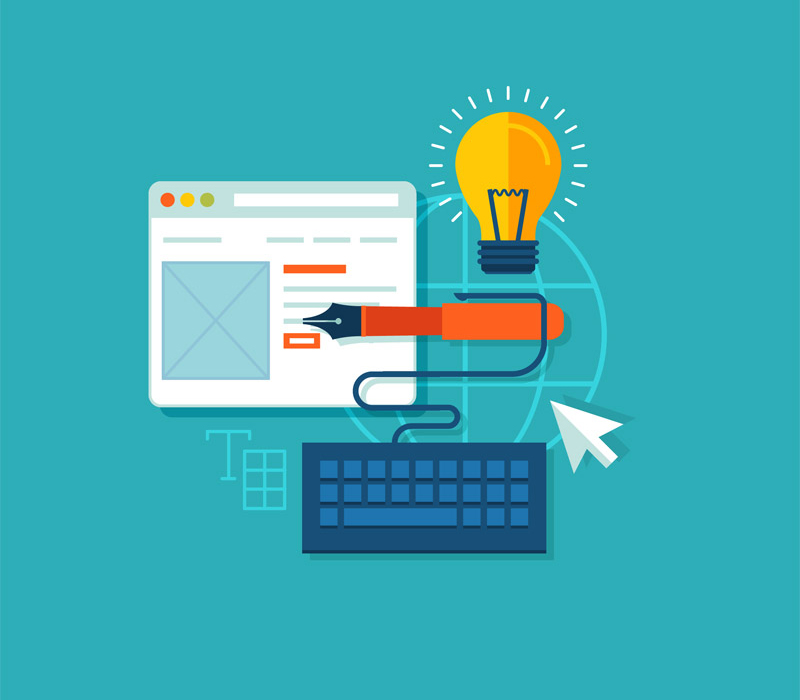Introduction
In recent years, Decentralized Autonomous Organizations (DAOs) have emerged as a groundbreaking model for governance, collaboration, and community-driven innovation. Unlike traditional corporations, DAOs operate on blockchain technology, offering transparency, automation, and collective decision-making. This shift is redefining the way people work, invest, and participate in digital economies.
What is a DAO?
A DAO is a self-governing entity where members make decisions collectively through smart contracts and voting mechanisms. These organizations rely on blockchain technology to execute predefined rules, eliminating the need for centralized leadership. The result? A democratic, trustless system where power is distributed among the members.

The Benefits of DAOs
- Transparency: All transactions and governance decisions are recorded on the blockchain, ensuring accountability.
- Global Collaboration: DAOs enable anyone, regardless of location, to participate in governance and contribute to projects.
- Incentive-Driven Participation: Contributors can be rewarded with tokens, aligning incentives with long-term community growth.
DAOs in Action
DAOs are revolutionizing multiple industries, from investment funds (like The LAO) to social communities (Friends With Benefits) and DeFi projects (MakerDAO). As blockchain adoption increases, DAOs are expected to become a cornerstone of the digital economy.
Conclusion
With decentralization at its core, DAOs are poised to disrupt traditional organizational structures. As more people embrace Web3, the potential for DAOs to redefine collaboration and governance is limitless.
